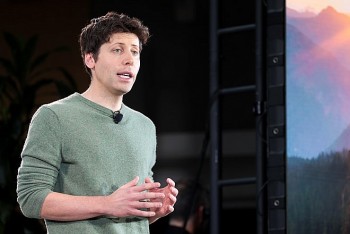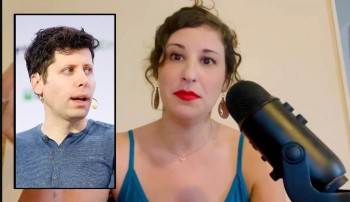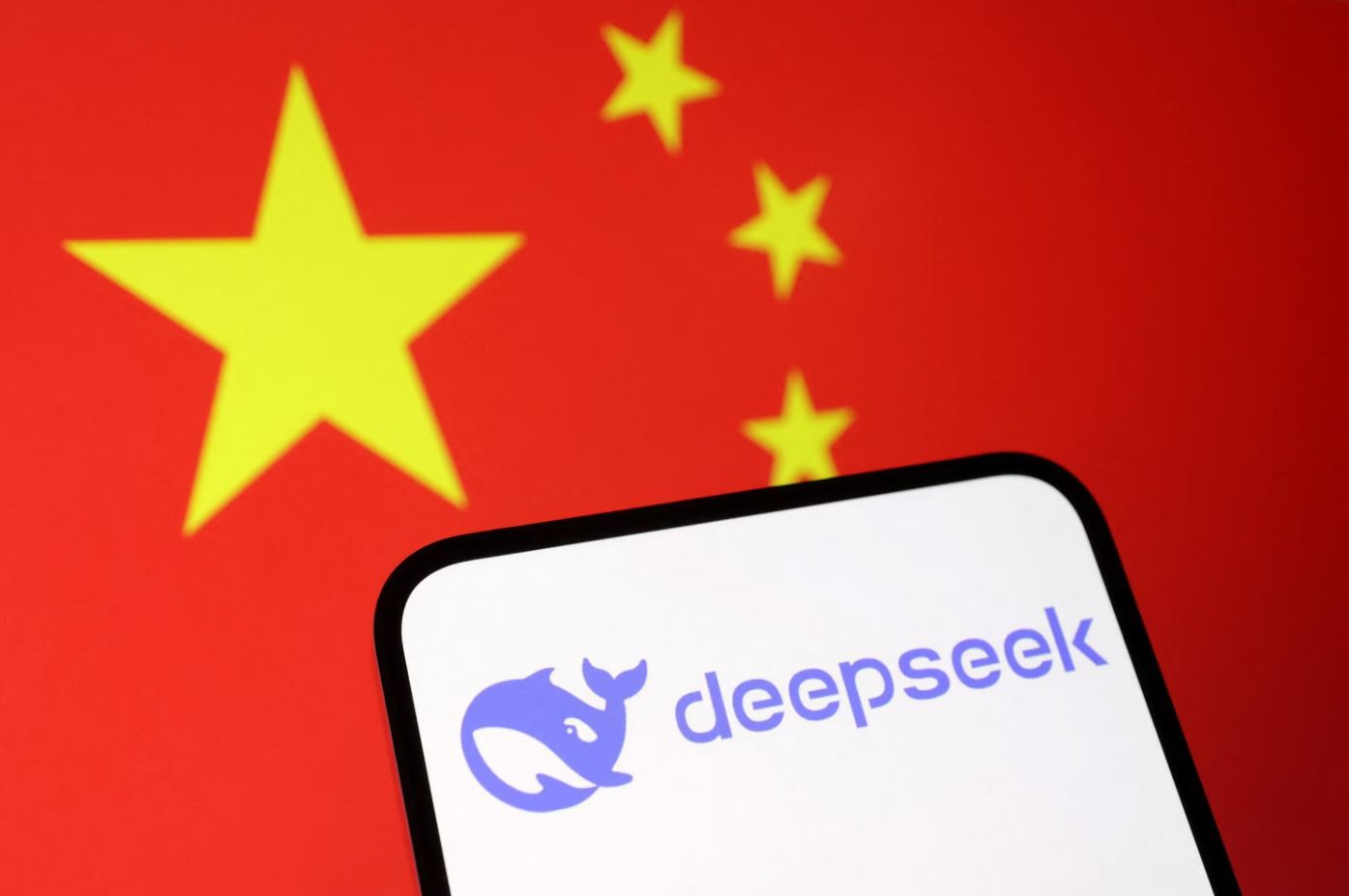OpenAI Restricts Ghibli-Style AI Images as Demand Surges and Policy Tightens
 |
| Ghibli style creation feature using ChatGPT will be removed soon |
Key Takeaways• Ghibli-style portraits are now blocked in ChatGPT image generation. • Free users temporarily lose access to image tools; paid users face slower speeds. • Daily image limits for free users expected upon feature restoration (3 images/day). • Policy reflects broader efforts to prevent copying of protected styles and reduce system strain. • OpenAI continues refining its platform based on usage trends, legal considerations, and public feedback. |
OpenAI has quietly rolled out a major update to its content policy, restricting users from generating images in the distinctive style of Studio Ghibli using ChatGPT’s image tools. The change comes amid skyrocketing demand for AI-generated art and renewed scrutiny over how generative models handle copyrighted styles.
Ghibli-Style Prompts Now Off-Limits for Portraits
As of this week, users attempting to create Ghibli-style portraits of real people are met with a policy notification stating that such requests violate OpenAI’s content guidelines. While ChatGPT can still generate artwork based on text prompts, it now refuses to produce images that explicitly mimic the visual signature of iconic studios like Ghibli — especially when transforming real photos into stylized illustrations.
This is part of OpenAI’s broader move to prevent unauthorized replication of artwork tied to specific artists, studios, or intellectual properties — a growing concern as AI art tools become more powerful and accessible.
Why the Change? Pressure on Infrastructure and Legal Boundaries
The decision isn’t just about copyright. OpenAI CEO Sam Altman recently acknowledged on X (formerly Twitter) that the company has been grappling with a massive spike in image generation requests, leading to serious strain on its GPU infrastructure.
“The surge in image requests is putting enormous pressure on our data centers,” Altman wrote, humorously noting that the GPUs were “at risk of melting.” As a result, OpenAI has throttled image generation speeds and is working to optimize system performance while maintaining access for premium users.
Access Limits: Free Users Cut Off, Paid Users Slowed Down
The update has immediate impact on user experience. Free-tier users have been temporarily blocked from generating images via GPT-4o altogether. Paid subscribers can still create images, but at a reduced speed while the system is under pressure.
OpenAI plans to restore limited functionality to free users soon, but with strict caps — a maximum of three images per day.
Part of a Larger Policy Overhaul on Artistic Style Imitation
This isn't the first time OpenAI has drawn a line in the sand over stylistic replication. The company has already implemented safeguards to block image generation requests that mimic the style of living artists. The Ghibli-style restriction appears to be an extension of that policy.
An OpenAI spokesperson explained, “We’re constantly learning from how our tools are used in the real world. Based on user feedback and broader industry discussions, we continue to refine our content policies to strike the right balance between creativity and responsibility.”
What It Means for AI Artists and Content Creators
For AI enthusiasts and content creators, the move is a clear signal: OpenAI is tightening the rules around style-based prompts, particularly those that edge close to copyrighted visual identities. While users can still create fantasy-style illustrations and imaginative scenes, they must rely on descriptive language rather than referencing specific studios or artists.
This policy shift also emphasizes the growing divide between open-ended creative freedom and the ethical/legal considerations surrounding intellectual property in the AI age.
 Who is Sam Altman: Bio, Career, and Net Worth Who is Sam Altman: Bio, Career, and Net Worth OpenAI Founder Sam Altman donating $1 million to Trump's inauguration fund, joining other tech leaders |
 OpenAI CEO Sam Altman accused of decade-Long Sexual Abuse by sister Ann Altman OpenAI CEO Sam Altman accused of decade-Long Sexual Abuse by sister Ann Altman Ann Altman, 30, has filed a lawsuit in federal court accusing her brother, OpenAI CEO Sam Altman, of sexually abusing her for nearly a decade ... |
 Unveiling DeepSeek China: Distilling U.S. Technology with Only 17% Accuracy? Unveiling DeepSeek China: Distilling U.S. Technology with Only 17% Accuracy? OpenAI says it has evidence that Chinese company DeepSeek used its proprietary models to train cheap chatbots. |

























